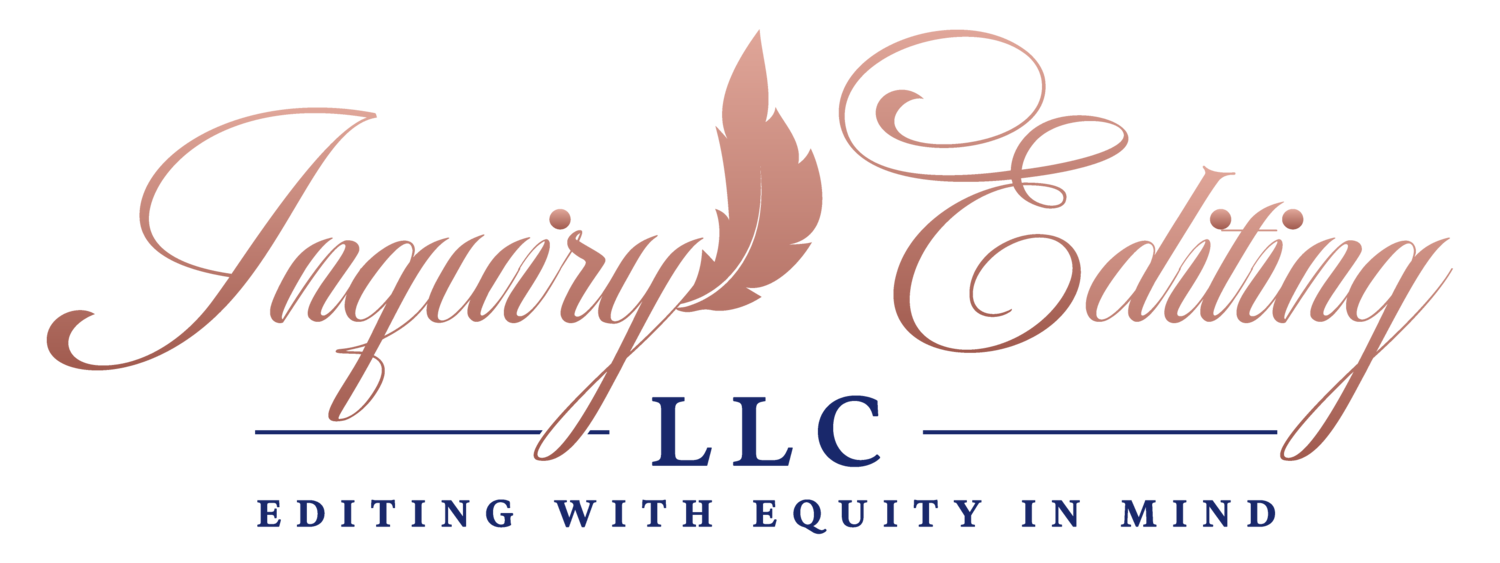Writing Emotions 2: Disappointment & Anger
disappointment – (noun) 1. of feeling, sadness or displeasure caused by the non-fulfillment of one's hopes or expectations 2. of being, a person, event, or thing that causes disappointment
anger – (noun) a strong feeling of annoyance, displeasure, or hostility
If you’ve been keeping up with the “how to revise an article” series, you’ll recall that my article is now in a stagnant phase. (If you haven’t been following, please go to my website and get caught up!) I am waiting to find a little time to resend it to another journal. I do not believe I used the word disappointment to describe my reaction, but it is there. I do not think I used the word anger to describe my reaction, but it is there. My disappointment comes from the expectation that the article would be accepted with minor revision. My anger comes from the reviewer’s misreading of my work and the editor’s unwillingness to work with me.
These two emotions, as many so often do, come together. Actually, it is worth noting that people tend to experience several emotions at once. Disappointment, for instance, is an offshoot of sadness, where the feeling of loss is more dominant. This also means that disappointment can be accompanied by grief. This cluster of emotions can make it difficult to sift through the root cause or, if one exists, a solution. (BTW, cluster is only half a word.)
Anger can be accompanied by a wide range of emotion, but it has two primary root causes: to protect and to defend. My recent anger (about the article) comes from a desire to protect the integrity of my work and to defend my knowledge of the field. For some, that is evidence of pride. I do not think this is a terrible or immoral feeling or even one to shy away from. Instead, I consider my anger a teaching tool. It lets me know what I am protecting and defending. Distilling anger to be about ego gives short shrift to how experience writ large and writing experiences in particular help sharpen your ideas and your commitments.
The largest difficulty with disappointment and anger is that people are loath to admit they feel them. Anger has so often been linked with unruliness and bullying and irrationality. Disappointment has been understood as a lack of resilience. These are fundamental misunderstandings of how emotions work and the import of feeling them. Anger and disappointment can be instructive. Anger shows you your commitments, disappointment, your desires.
These feelings do not just crop up when one experiences rejection. Anger can emerge in the process of writing. An archive, a scene, a character, a theorist, a critic – all these can elicit anger from you. The readers’ reports for my second book included a demand to include (at least) two thinkers that I was not too jazzed about. At first, I was indifferent to them, thinking them rather unimportant. But, when I read them, I became angry: specifically, I wanted to defend my right to not include such mediocre and lackluster work and I wanted to protect myself from some of their more racist musings. There was no baby in that bathwater; let me tell you. I dealt with that anger by sticking them in footnotes.
After I PHinisheD graduate school, I took about six months away from my dissertation. I did not touch it, did not read it. When I finally did, the writing was a disappointment to me. I thought, when I wrote it, that it wasn’t “half bad.” When I read it in early 2011, I wrinkled my nose in disgust and my shoulders slumped in embarrassment. I was disappointed in the overuse of passive voice, the skittish analyses, and the defensiveness of the writing. I told one friend how I felt. She chortled, “Oh, sweetheart, that’s normal! It means you’ve grown enough to see your mistakes.” It took awhile for that positive reframe to sink in. I tried to remember her words without rolling my eyes, but the activity that got me through the disappointment was revision.
There is a pattern to dealing with these emotions. Despite cultural cues not to do so, acknowledge that the emotions exist. Don’t nurse them or stoke them but feel them. The difference is that you understand where they come from without piling on. Think of these feelings not as facts, but as data. What is your anger teaching you? What are you protecting? What are you defending? What is your disappointment teaching you? What did you expect? What did you desire?
Only after you settle your mind – I like journaling or venting on the phone – can you begin to work through the emotions. That is, only after you understand where they come from and what they’re teaching you about yourself can you write while they dissipate.
